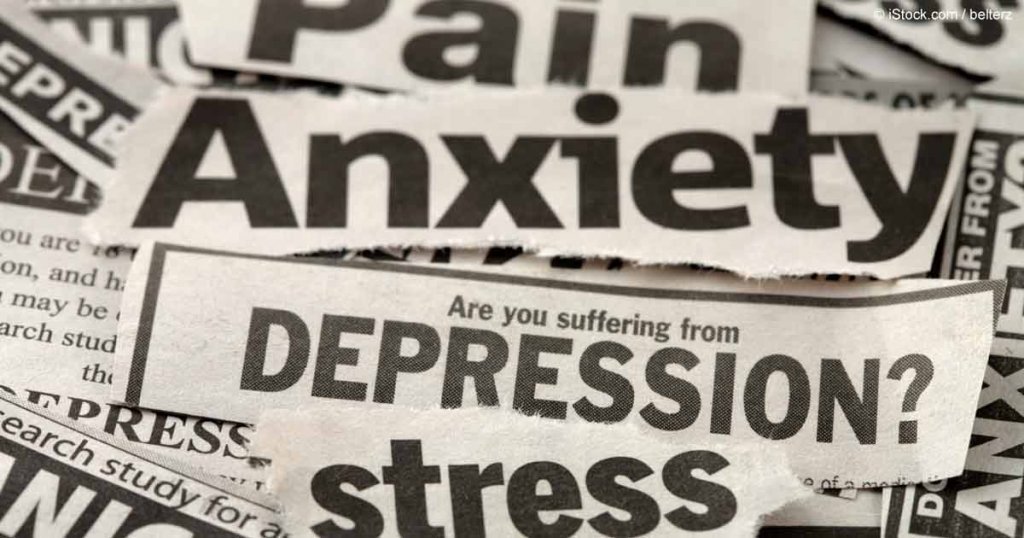7 Proven Stress and Anxiety Management Strategies
When you are stressed or anxious your breathing becomes noticeably faster and shallower. This can make you feel even more panicked as you attempt to slow down your breathing and gain better control over your emotional state.
Shallow breathing and muscle tension are some of the severe signs of anxiety. It can really help if you can learn some proven stress and anxiety management strategies that you can use when you feel like you are losing control of your emotions.
Here are some techniques and strategies that are well worth learning.
An easy way to slow your breathing down
If you can slow down your breathing, you will immediately feel like you are taking back control of your emotional state.
A simple exercise that can help you to slow down your breathing is to count to three as you breathe in slowly. Repeat the count to three as you exhale.
Continue this exercise until you feel your breathing has come under control again.
Meditation can help
Anxiety is primarily a state of mind where your thoughts turn to what might happen rather than what has actually happened.
When you learn some simple meditation routines it helps you stay in the present moment and banish negative thoughts that are fueling your anxiety.
A simple way to reduce muscle tension
Your muscles tense up when you are anxious. Learn to close your eyes so that you can focus, followed by a routine where you relax each of your muscle groups in turn.
Work your way down from your head to your toe. Tensing and relaxing each muscle group will help to reduce anxiety-induced tension.
Watch what you eat
An excellent coping strategy for anxiety is to ensure that you eat well-balanced and healthy meals on a regular basis. It is also important to avoid skipping any meals because you feel too stressed to eat
Eating some high-energy snacks can also work to counteract feelings of stress when you start to feel more anxious.
Watch your caffeine and alcohol intake
It has been shown that consumption of alcohol and caffeine can adversely influence anxiety levels. That could be enough to trigger a full-scale panic attack. Try to limit your intake of both caffeine and alcohol to manage your stress levels better.
Laughter can make a difference
A simple but effective technique is to seek out humor. The act of laughing is a welcome distraction that can bring down anxiety levels.
Learn to identify the triggers
A good way of managing your anxiety is to learn what situations or circumstances tend to make you feel more stressed than usual.
When you understand what is triggering an adverse stress response you can take steps to avoid exposure to that event or situation. If that’s not possible, you can manage anxiety levels better when you know what might be coming.
If you adopt these proven anxiety and stress management techniques it could really make a positive difference to how you react and cope to the various triggers.




